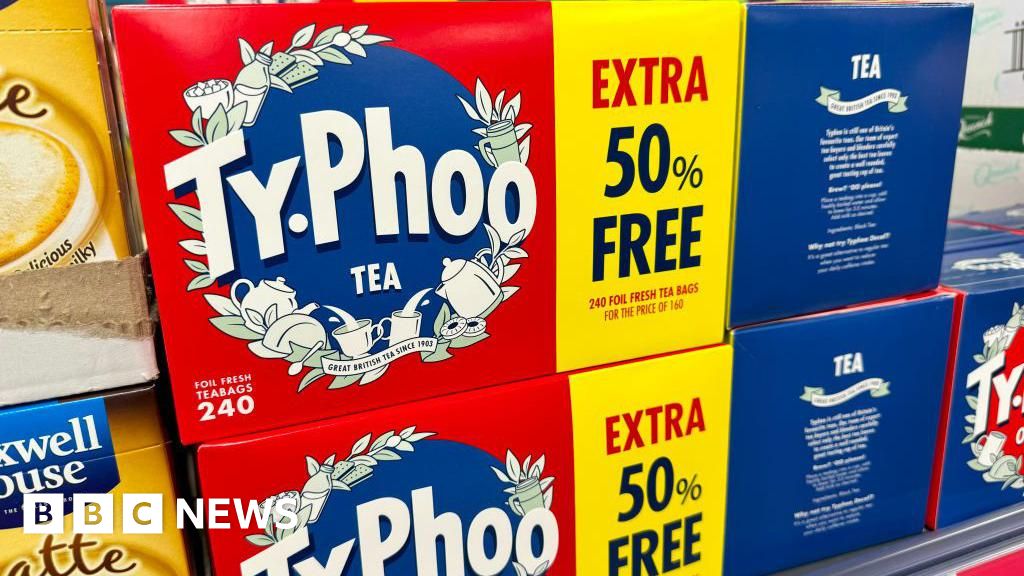Monica Kumar is chief marketing officer at Hitachi Vantara.
Barbie continues to shake up new audiences globally. The movie is fresh, pink and sharply funny. But unlike other Hollywood hits in the toys-come-to-life genre, Barbie overtly tells the story of Mattel’s long and malleable relationship with American consumers.
That fact only makes the movie more compelling because Mattel has gone all in with a profound examination of its mission and purpose amid changing social norms and a modern world that won’t get “back in the box.”
Instead of empty big-screen action, we get the social conscience of writer-director Greta Gerwig and the talent of a top-tier cast. From rollerblade-studded fun to mortality-facing substance, from a Gen Z-style “battle of the sexes” to an intergenerational rejection of stereotypes, and from wicked corporate critique to the stubborn love of mother and daughter, Mattel manages to make the movie’s authenticity inseparable from the brand’s authenticity.
The decision to delve fully into life’s complex realities is brave for any company in an age where many brands prefer to speak in general platitudes. But the thoughtful perspective paid off for a brand that promises to “pursue social, economic and environmental sustainability, and promote diversity, equity and inclusion” and to be “true to our mission and purpose.”
Not every brand can afford to produce a blockbuster movie. But every brand can learn lessons from Mattel on company mission.
1. Mission-first marketing builds authentic connections.
Mattel defines itself as committed to “empowering the next generation … to reach their full potential” and “develop[ing] children through play,” sentiments that encourage healthy self-actualization.
In the movie, “Stereotypical Barbie” has been a weight on girls and women, and a false flag for boys and men, for decades. Girls don’t grow into women who reach their full potential if they’re bombarded with plastic, perfection and lies. The movie is refreshingly honest about impossible expectations for women, complex insecurities men face and the impacts of rampant commercialism on self-image.
Mattel successfully tied itself to the human search for self, with its myriad contradictions, and the urgency to be real in that search.
Companies everywhere will acknowledge that being authentic builds a connection with consumers. But the catch is in the hard questions: Are you really living your mission? Are you willing to go all in? The answer requires self-examination.
Your mission is about looking beyond profit-making alone and really scrutinizing the impact the business is having on society. A brand invokes more than what products a company sells; it conveys a value system and empathy with audiences on a very human level.
If your brand were a person, what would that person believe in and how could that person be as big-hearted as possible to build up communities? We all care about certain things in life, and it’s becoming more and more critical that businesses take responsibility for the community around them.
Consumers are making choices based on how authentically a brand does this. Businesses must pick one or two things that are a genuine expression of their mission and work on those consistently through all of their actions.
2. Brand-building is an intergenerational long game.
The Gen Z daughter in Barbie, played by Ariana Greenblatt, conveys a harsh skepticism of institutions and history, rooted in her awareness of injustice and desire to do the right thing in a world that often hasn’t and doesn’t. She manifests consumers who are demanding authenticity, as well as many Gen Z employees who frequently are bringing their full selves to work.
Her interaction with her mother and the intergenerational reveal around Barbie’s connection to the mother carries a deeply compelling lesson for businesses: Consistent core values can and must adapt to new generations.
Consider how Mattel has changed the Barbie brand and doll to meet its mission over time—across geographies, communities and values reshaped by each generation. In the movie, all Barbies are present, and the diversity of Barbies matters. The truth-telling collaboration between President Barbie, Weird Barbie, Stereotypical Barbie and every Barbie in between is comic genius, but also an acknowledgment that Barbie is not just a one-size-fits-all character, and each unique experience from every different Barbie can speak to each generation and speak inclusively.
The upshot? Brand-building is a long game that finds its footing in its mission while adapting its messages. Companies must consistently work on brand evolution, not being afraid to pivot in order to communicate authentically.
3. Marketing context, timing and budget propel earnings.
It’s estimated that Barbie’s production budget was about $145 million, its marketing budget $150 million, and its latest gross earnings $1.4 billion. More than 100 marketing partnerships globally reminded us of Barbie’s film debut.
While companies don’t need to spend extravagant millions—and many can’t—they do need to internalize the value of marketing strategy and budget in understanding target customers, pain points, market dynamics, the industry landscape across geographies and potential partners.
What mission-driven stories and activations will resonate, and when? Much of the work is done upfront. Executing early bolsters chances of long-term company success. The commitment of my own company, Hitachi Vantara, to sustainability is mission-driven and decades in the making.
Barbie repeatedly conveys very serious messages wrapped in good-spirited humor, easing and unifying people. That brand personality can never rely on just one campaign, regardless of the modality chosen, whether a blockbuster movie or a more affordable social media blitz. A drumbeat of content across channels is key.
Barbie, at the end of the day, is a story of transformation on many levels, both Mattel’s and society’s. Its closing scenes of light filtering through trees and childhood footage of the actors capture the natural wonder and the heart of authenticity. The doll is made real, and superficiality falls away in favor of a meaningful, mission-full journey.
Forbes Communications Council is an invitation-only community for executives in successful public relations, media strategy, creative and advertising agencies. Do I qualify?
Credit: Source link











